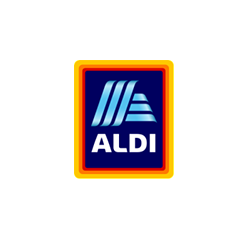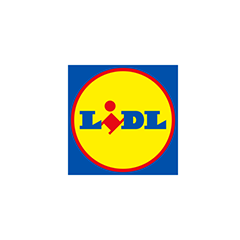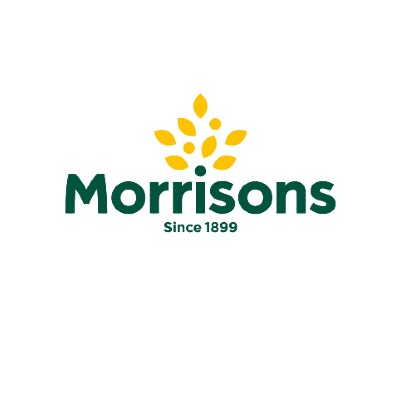Welfare issues for egg-laying hens
Every year in the UK, we consume over 13 billion eggs. The majority of these come from the 40.5 million egg-laying hens farmed in the UK each year.
RSPCA Assured inspects egg-laying hens kept in organic, free-range and barn systems, ensuring good animal welfare no matter the system – but we do not and never will allow hens to be kept in cages of any type.

What makes RSPCA Assured free-range different?
People often ask us what value RSPCA Assured adds if they are already buying free-range anyway.
RSPCA Assured free-range hens must be provided with environmental enrichment both inside and outside. Shade and shelter, including trees and bushes which protect the birds from bad weather and predators, are also a requirement. This helps the birds feel safer and hence range more freely, exploring the space around them and using the perches more.
We also insist the birds have access to dust pits giving them the opportunity to dustbathe and keep their feathers healthy and clean.
If the egg box says "free range" do the hens always have access to the outside?
Eggs must also be stamped with the appropriate method of production (0 for organic, 1 for free-range, 2 for barn or 3 for cage), you can find out more about egg codes.
RSPCA assured labelled free-range eggs always give hens the option to access the outside (except in exceptional circumstances).
Some key egg-laying hen welfare concerns
1. Hens kept in cages
You may be surprised to know that a large number of eggs (approximately 23%) are still laid by hens kept in cages. The old conventional battery cage was banned in Europe in 2012 but was replaced by a new type of battery cage called a colony or enriched cage.
These new cages provide each hen with a usable space equal to an A4 piece of paper and limited enrichment. This limits hens’ ability to move around, stay active and easily perform natural behaviours that help keep them fit and healthy – both mentally and physically.
What do the RSPCA standards say?
The RSPCA’s standards for egg-laying hens do not allow birds to be kept in cages… ever. Birds may only be kept on free-range farms or in large barns where they are free to roam around and better able to perform natural behaviours like nesting, perching and dust bathing.

2. Environmental enrichment for egg-laying hens
Like all animals, egg-laying hens need objects we call enrichment, such as nest boxes, perches, straw bales and pecking objects. These encourage active, natural behaviours like nesting, perching, pecking and dust bathing. When birds are not provided with enrichment that encourages these behaviours, they are more likely to turn to harmful behaviours like feather pecking.
What the RSPCA standards say
The RSPCA standards insist on minimum amounts of suitable environmental enrichment that provide hens with adequate opportunities to perform these natural behaviours. This, in turn, helps reduce the likelihood of negative behaviours like feather pecking developing. This continues to be an area of focus for the Society, as it seeks to make further positive improvements in animal behaviour.
3. Transport and slaughter of egg-laying hens
Like many farmed animals, laying hens can suffer from rough handling, long transport and inhumane slaughter.
What the RSPCA standards say...
Unlike other assurance providers, RSPCA Assured inspects the welfare of animals from birth through to slaughter. The RSPCA standards ensure catching teams have suitable training in animal handling, including the requirement that hens are not picked up by one leg. There are also limits on the maximum length of transportation time as well as restrictions on the routine use of live shackling. The birds must be transported to an RSPCA Assured abattoir and be effectively stunned before slaughter to ensure they are unconscious.











